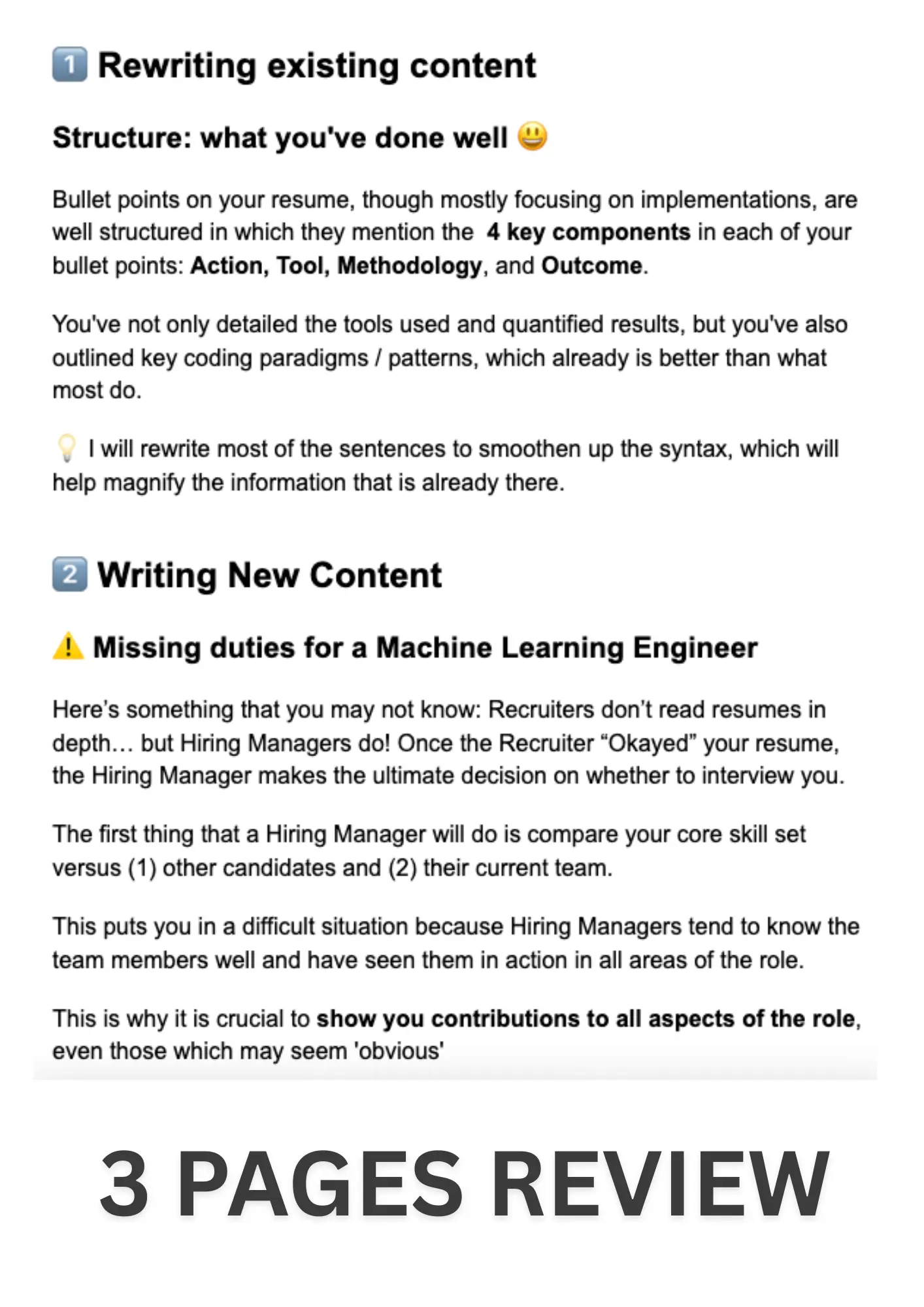Cover Letters are rarely read, for 2 reasons:
Reason 1: Recruiters (and Hiring Managers) are extremely busy, and they already have a limited amount of time to review each resume. Most of the assessments are based on your resume, and in 99% of cases they won't bother even opening the file.
Reason 2: Let's be honest, most cover letters are boring, full of fluff, and don't tell you much more about a candidate. So the few Recruiters who are adventurous enough tend to quickly run back ;-)
But... this doesn't mean that you shouldn't have a cover letter.
There is 1 case when a Cover Letter is used: during the final stages of the interview process. This could happen, for example, when hesitating between 2 candidates before making an offer. Hiring Managers & Recruiters might want to know “how much you want it”, and that letter could be a make or break factor.
So here are my 2 rules to use cover letters effectively, without wasting your time:
Rule 1: Only write highly targeted cover letters for your top 3-5 target roles/companies. You’ll maximize your chances where it really matters, while saving time on the rest.
Rule 2: If you get to a final round of interview for another company: write one then and send it to the recruiter.
- You’ll be able to use information gathered during interviews, and explain how you can contribute. This will make for a concrete, honest and targeted letter, because it will be based on actual interactions.
- Send it to the recruiter, explaining that you’ve “taken the time to reflect on your exchanges with interviewers and decided to put your motivations in writing to complement your answers”. It’s almost cheating: almost no one does that, so you’ll stand out and score extra points.

